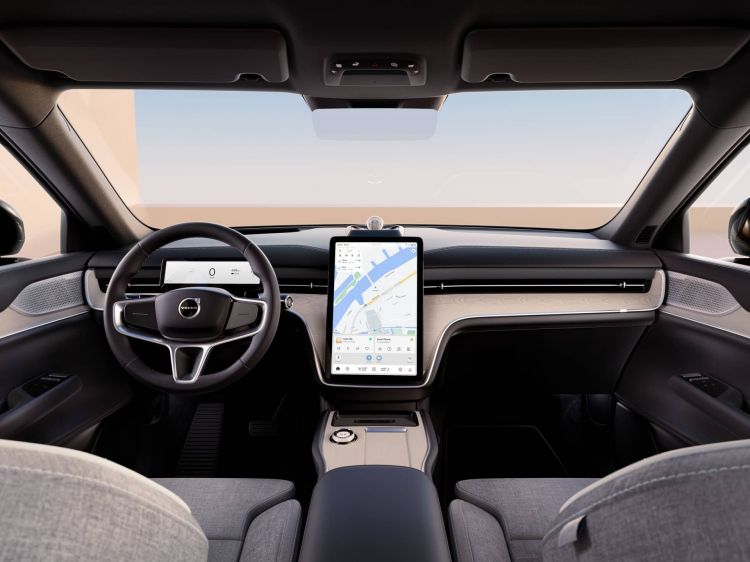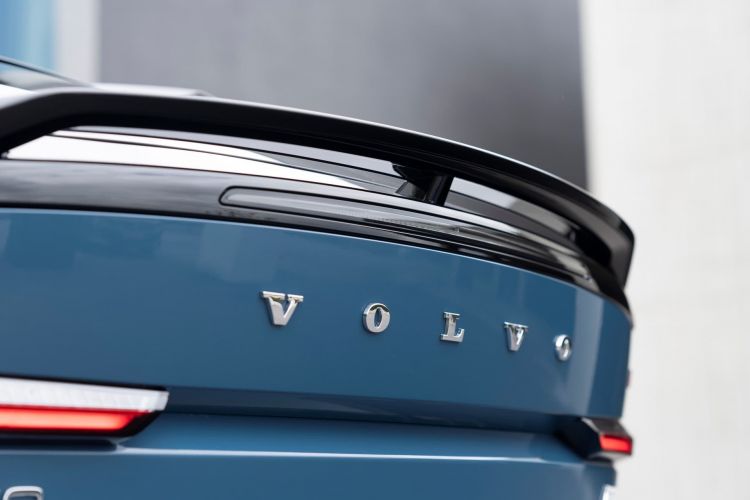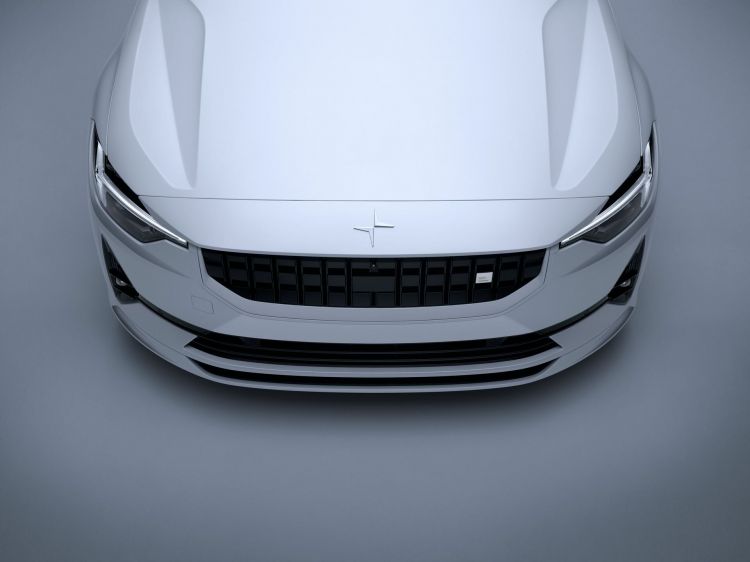Subscriptions have become a double-edged sword: they allow car brands to correct errors, extend or update the functions of their models… and, at the same time, they make it possible for some manufacturers to restrict certain functions by requiring a payment to access them. they. It is the path that BMW and Mercedes have chosen: one that Volvo will not travel.
Björn Annwall (CEO of Volvo) awarded to Bloomberg an interview on the occasion of the inauguration of the brand’s new technology center in Stockholm, where the manufacturer will create software for its vehicles. He took the opportunity to confirm that they will not copy the subscription model of BMW or Mercedes for characteristics that do not imply a radical change in their cars.
The case of BMW and Mercedes
It should be remembered that some time ago, the spotlight focused on BMW when the Bavarian brand began charging monthly subscription fees to the owners of its vehicles: specifically, 18 dollars (16.90 euros) per month for heated seats.Mercedes did the same with its electric models: in the United States, to unlock the full power of the EQE and EQS, owners have to pay $1,200 (1,166 euros) plus taxes… per year.
The controversy resides in the use of subscriptions as tools for a car to continue generating income throughout its useful life… for options that are already installed. The motor world has begun to consider how much it can earn with this type of movement. A UBS analysis predicts that software upgrades could fetch $700 billion by 2030 – a quarter of the current size of the global automotive market.
Volvo’s point of view
Volvo has another point of view. The Swedish brand believes that the additional income they can achieve with software updates will be minimal until the middle of this decade. By then they also don’t plan to charge for all updates: only the most important will have an extra cost.
They consider that if they are going to demand payment for it, it must mean a radical change and a benefit for the driver: “People who paid 90,000 euros for one of our cars, we will not ask them to pay more to heat the seats.” If with the update, the vehicle acquires an autonomous mode… then they will ask for a subscription: “Not having to hold the steering wheel is a substantial change.”
The example of Polestar
The truth is that Polestar, the brand acquired by Volvo in 2015, does offer subscriptions in Europe for the Polestar 2. Owners can unlock additional 68 hp for a one-time fee of 1,120 euros: an option, mind you, that is only available for the long-range dual-engine version.
The key to this update is to be something permanent and unique you pay once and the power up is unlocked forever. The brand has not provided data on how many owners have already paid or plan to do so, but, contrary to what happened with BMW or Mercedes, there have not been as many negative reactions. This would be a positive sign to know what could be the right approach for the subscriptions that will arrive in the next few years.






